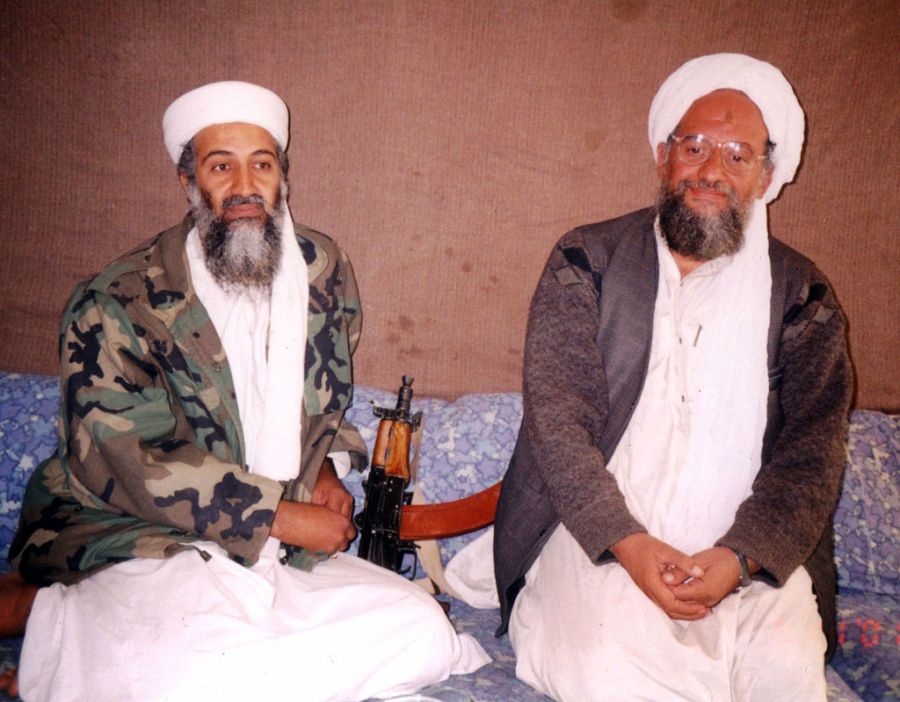(NewsNation) — International incidents across the globe have made former and current intelligence experts acutely aware of national security threats to the U.S.
“The intelligence community, I think, is fairly united in assessing that our biggest national security threat currently is China, followed closely by Russia, and Iran, North Korea as well,” Kevin Brock, a former assistant director of Intelligence for the FBI, said.
A Pew Research Center poll from June found that a majority of people see cyberattacks from other countries (71%) and the spread of false information online (70%) as major threats to the United States. Of the people polled, 67% said they felt threatened by China’s power and influence, while slightly less, 64%, felt Russia was a major threat. After China refused to condemn Russia’s invasion of Ukraine, the Pew Research Center found that nine in ten adults said it is at least a “somewhat serious” problem for the U.S.
China has shown it’s able to interrupt America’s supply chain, communication, and even lead cyberattacks against the U.S. in ways other countries haven’t, Brock said.
Tensions between China and the U.S. further escalated after House Speaker Nancy Pelosi arrived in Taiwan on Tuesday. Pelosi’s visit angered China, which claims Taiwan as part of its territory, and the country warned of “resolute and strong measures” if Pelosi went ahead with the trip, without giving specifics on what those might be.
Lt. Gen. Scott D. Berrier, director of the Defense Intelligence Agency, warned the Senate Armed Services committee in May that the U.S. faces military and intelligence threats from both China and Russia, whose governments have been developing new capabilities to “contest, limit, or exceed” U.S. military advantage.
Beijing has long viewed the United States as a strategic competitor, Berrier pointed out, and Russia’s invasion of Ukraine in February has only heightened the conflict.
“Russian military capabilities have been used to violate the sovereignty and independence of Ukraine, and they pose an existential threat to U.S. national security and that of our allies,” Berrier said, according to the Defense Intelligence Agency. “The invasion has demonstrated Russia’s intent to overturn the U.S.-led, rules-based post-Cold War international order, expand its control over the former Soviet Union, and reclaim what it regards as its rightful position on the world stage.”
It can be challenging to assess what security threats are real and deserve the U.S.’ attention and who’s just making “a bunch of noise,” Brock said.
“That type of targeting goes on on a daily basis: the establishment of creating a network of human sources, checking our signals intelligence to gain fidelity on where the actual threat is, and where a new threat might be emerging,” Brock said.
In the U.S.’s latest counterterrorism operation, the CIA conducted a drone strike over the weekend that killed top Al-Qaeda leader Ayman al-Zawahiri, who helped his predecessor Osama Bin Laden plot 9/11.
However, Brock said on NewsNation’s “Morning in America” that “we’re not yet safe,” even after al-Zawahiri’s death.
Brock said current Al-Qaeda members will likely improve their operational security to avoid their leader’s fate.
“Afghanistan remains an area where they feel like they can exist and move about much more freely than they have in the past,” Brock said.
Most experts would assess that Al-Qaeda is definitely diminished, Brock said, with less ability to carry out significant terror attacks.

Still, it’s not completely gone. Al Qaeda is a “glamorous” organization in the Islamic terrorist world, Brock said. It has influence, and can act as an agitator to motivate other individuals, either as lone actors or in groups like ISIS.
Joshua Geltzer, deputy Homeland Security adviser, said the department is always on guard for attacks directed or inspired by terrorist organizations like Al-Qaeda.
“That was true before this operation, it remains true after this operation,” Geltzer told NewsNation.
Al-Qaeda is more of a diffuse organization presently than it was 20 years ago, he said, with affiliates on different continents.
The U.S. needs to take advantage of opportunities to cause greater fracturing of the terrorist network, he said, as they are as desperate to keep these affiliates united.
“That is why the removal of al-Zawahiri is such a big deal, because he was that link to bin Laden, to 9/11,” Geltzer said.
